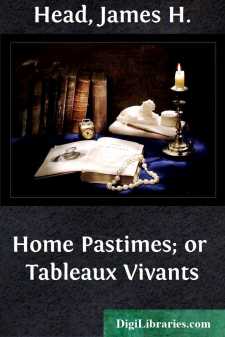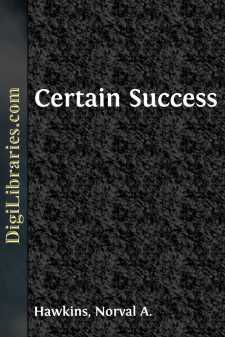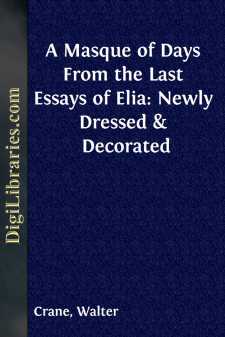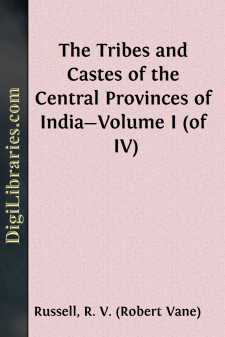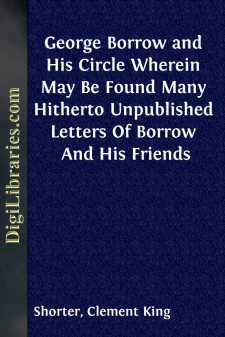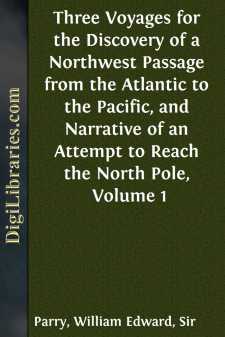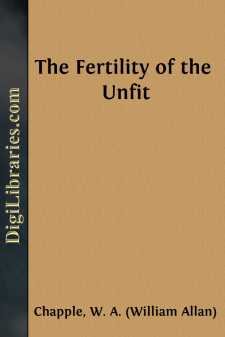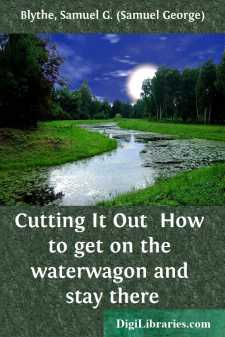Non-Classifiable
- Non-Classifiable 1768
Non-Classifiable Books
Sort by:
On May 4, 1881, through the courtesy of the Chief of Revenue Marine, Mr. E. W. Clark, I was allowed to take passage from San Francisco, Cal., on board the United States Revenue steamer Corwin, whose destination was Alaska and the northwest Arctic ocean. The object of the cruise was, in addition to revenue duty, to ascertain the fate of two missing whalers and, if possible, to communicate with the...
more...
by:
James H. Head
INTRODUCTION. The Tableaux Vivants may be new to many of our readers, although they have been produced and have been quite popular in Europe, and to some extent in this country. For public or private entertainment, there is nothing which is so interesting and instructive as the tableau. The person most fitted to take charge of a tableau-company is one who is expert at drawing and painting: any one who...
more...
by:
John Albee
For so many years Bellingham has had its abode in my fancy that I find it hard to associate the town with a definite geographical location. I connect it rather with the places of dreams and wonderland; the lost cities of the Oxus and Hydaspes, the Hesperian Gardens and those visionary realms visited and named by poets. My birthplace grows unfamiliar when I take down an atlas and run my finger over the...
more...
CHAPTER I The Universal Need For Sales Knowledge Analysis of Secret of Certain SuccessThe Secret of Certain Success has four principal elements. It comprises: (1) Knowing how to sell (2) The true idea (3) Of one's best capabilities (4) In the right market or field of service. Your success will be in direct proportion to your thorough knowledge and continual use of all four parts of the whole...
more...
by:
Walter Crane
THE OLD YEAR being dead, and the NEW YEAR coming of age, wh: he does by Calendar Law, as soon as the breath is out of the old gentleman’s body, nothing would serve the young spark but he must give a dinner upon the occasion, to wh: all the Days in the year were invited. The Festivals, whom he deputed as his stewards, were mightily taken with the notion. They had been engaged time out of mind, they...
more...
1. The Central Provinces. The territory controlled by the Chief Commissioner of the Central Provinces and Berar has an area of 131,000 square miles and a population of 16,000,000 persons. Situated in the centre of the Indian Peninsula, between latitudes 17°47' and 24°27' north, and longitudes 76° and 84° east, it occupies about 7.3 per cent of the total area of British India. It adjoins...
more...
PREFACE I have to express my indebtedness first of all to the executors of Henrietta MacOubrey, George Borrow's stepdaughter, who kindly placed Borrow's letters and manuscripts at my disposal. To the survivor of these executors, a lady who resides in an English provincial town, I would particularly wish to render fullest acknowledgment did she not desire to escape all publicity and forbid me...
more...
CHAPTER I. Passage across the Atlantic.—Enter Davis's Strait.—UnsuccessfulAttempt to penetrate the Ice to the Western Coast.—Voyage up theStrait.—Passage through the Ice to the Western Coast.—Arrivaloff Possession Bay, on the Southern Side of the Entrance into SirJames Lancaster's Sound. In the beginning of May, 1819, the Hecla and Griper were towed down the river; the guns and...
more...
INTRODUCTION. Biology is the Science of Life. It seeks to explain the phenomena of all life, whether animal or vegetable. Its methods are observation and experiment. It observes the tiny cell on the surface of an egg yolk, and watches it divide and multiply until it becomes a great mass of cells, which group off or differentiate, and rearrange and alter their shapes. It observes how little organs...
more...
CHAPTER I WHY I QUIT First off, let me state the object of the meeting: This is to be a record of sundry experiences centering round a stern resolve to get on the waterwagon and a sterner attempt to stay there. It is an entirely personal narrative of a strictly personal set of circumstances. It is not a temperance lecture, or a temperance tract, or a chunk of advice, or a shuddering recital of the woes...
more...



